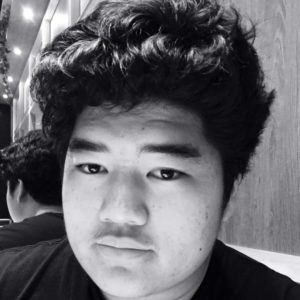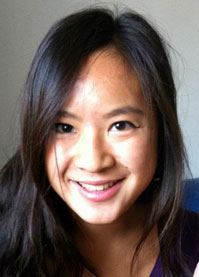Jack
New York
![]()
The Gap Year
University of Chicago

Jack was born in Australia, and his parents make their home in Hong Kong. He was home-schooled for several years and often joined his parents on their global travels. In a world of adults, Jack found his personal escape in books. Those books motivated him to become a storyteller.
Jack’s family enrolled him in a boarding school in England at the age of eight, where he learned to adjust from a world of all adults to one of only kids his age. Jack still loved stories, and by the time he got to high school, he was telling them through photography. His classmates began asking him to photograph their events. They often joked that, while Jack followed their moves on the football pitch, they followed his movements up and down the sidelines capturing them in action. After the games, Jack’s room would come alive with students eager to relive the game through his photos.
We met Jack in the spring of his junior year and began helping him plan a gap year. In late summer, Jack suddenly announced he wanted to apply to university now, instead of during his gap year. Jack hadn’t visited a school, taken a standardized test, or done any preparation to apply. We knew he—and we—needed to move quickly.
We helped Jack register for the SAT and lined him up with our test prep division. We then helped him research schools. He had a growing list with no demonstrated interest, so we recommended he plan some visits and helped Jack put together a college tour for the fall of his senior year. He fell in love with the University of Chicago and wanted to apply Early, but meeting the Early Decision deadline with the quality application we knew he needed was going to be difficult. Thankfully, UChicago has an Early Decision II deadline. It would still be binding but would give Jack six more weeks to prepare.
Jack worked hard on his essays and activity resume and secured recommendations from his teachers and counselor. We held our collective breath until we saw his SAT results were within range. Jack stayed focused and submitted his application before the deadline. In mid-February, we received an email confirming that Jack had been accepted, and will join Zoe at UChicago after his gap year.


